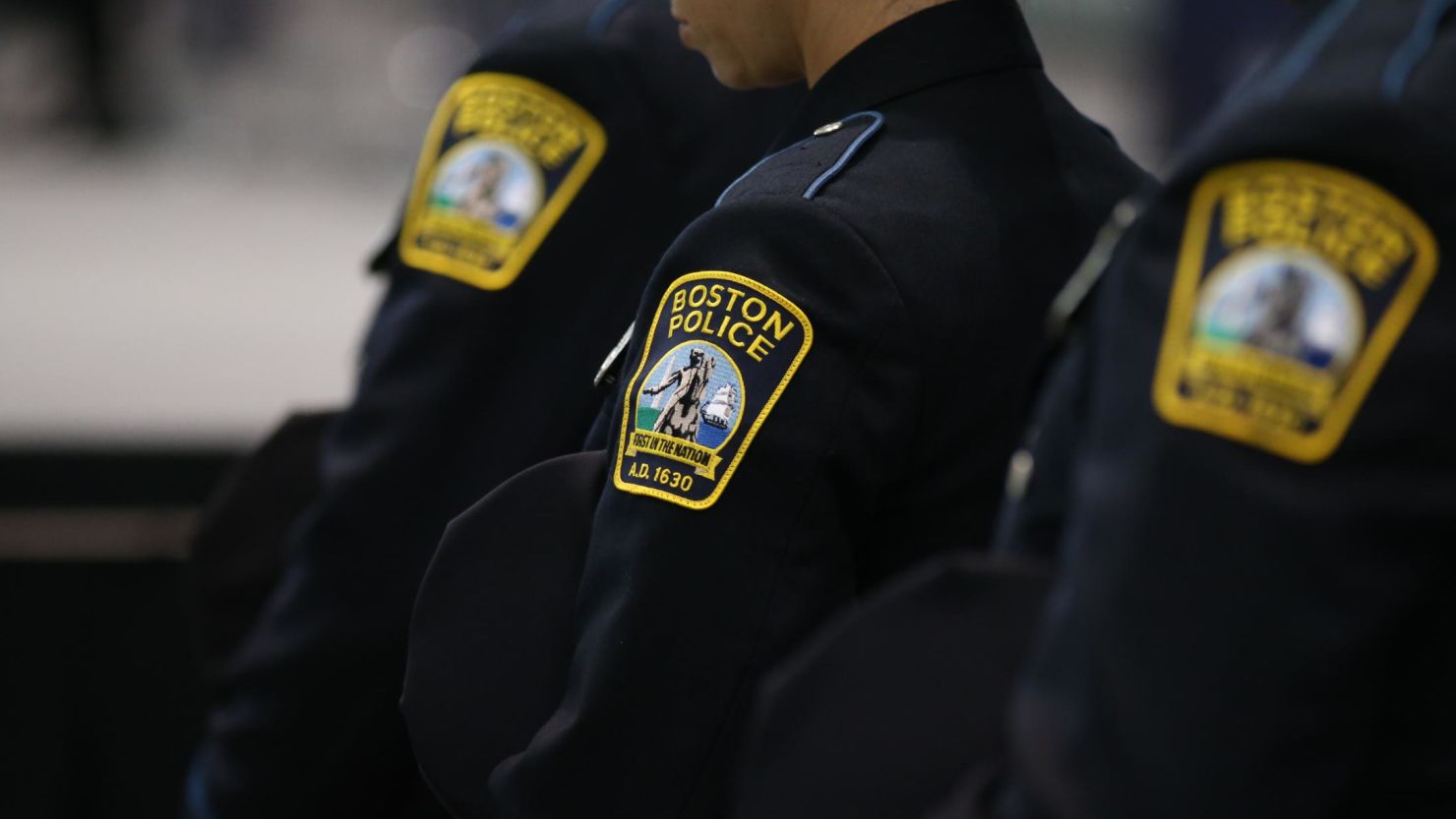Two Boston police unions have sued city officials, accusing them of interfering with police procedures by barring the use of “non-lethal tools,” including pepper spray.
The complaint filed Monday in Suffolk Superior Court seeks an injunction on a city law passed last year restricting the use of gas and other non-lethal policing tools.
The lawsuit names the city of Boston along with Mayor Michelle Wu, City Council President Ed Flynn, and Police Superintendent-in-chief and acting Police Commissioner Gregory Long.
The Boston Police Superior Officers Federation and the Boston Police Detectives Benevolent Society unions allege that the entities engaged in the “dangerous practice” of “unlawful interference with police procedures and tactics,” according to a joint statement issued by the unions.
The complaint notes that police oversight by those named in the lawsuit “directly affects and constrains any sworn officer responding to a radio call or on an assignment.”
Oleo-Resin Capsicum Spray, known also as O.C. or pepper spray, is standard provision for Boston police officers, the unions say in the statement. By prohibiting officers’ use of pepper spray, the unions allege the city council is “forcing escalation of incidents.”
Wu and the Boston Police Department declined to comment. Flynn did not immediately respond to a request for comment.
The lawsuit also challenges the city’s waiver of immunity defenses for officers who get sued for using excessive force, making them civilly liable for damages.
Citing 1974 precedent, the unions argue the council’s actions violate the police commissioner’s statute, which notes the commissioner “shall have cognizance and control of the government, administration, disposition and discipline of the department, and of the police force of the department and shall make all needful rules and regulations for the efficiency of said police.”
In May 2021, then-Mayor Kim Janey signed the ordinance into law, placing “reasonable restrictions on the use of tear gas and rubber bullets by police,” she said on Twitter. “I promised more accountability in policing. That includes making proactive strides toward police reform,” she wrote.
The ordinance was proposed the summer of 2020 amid nationwide protests over police use of force.
“There is no excuse for politicians to interfere with the operations of our members, especially when their policies put lives in danger,” Boston Police Superior Officers Federation President Sergeant Jeanne Carroll said in the statement.
“Every one of our members chooses this career to help people and serve this city. The continued anti-police narrative is reckless and dangerous,” Carroll said.


